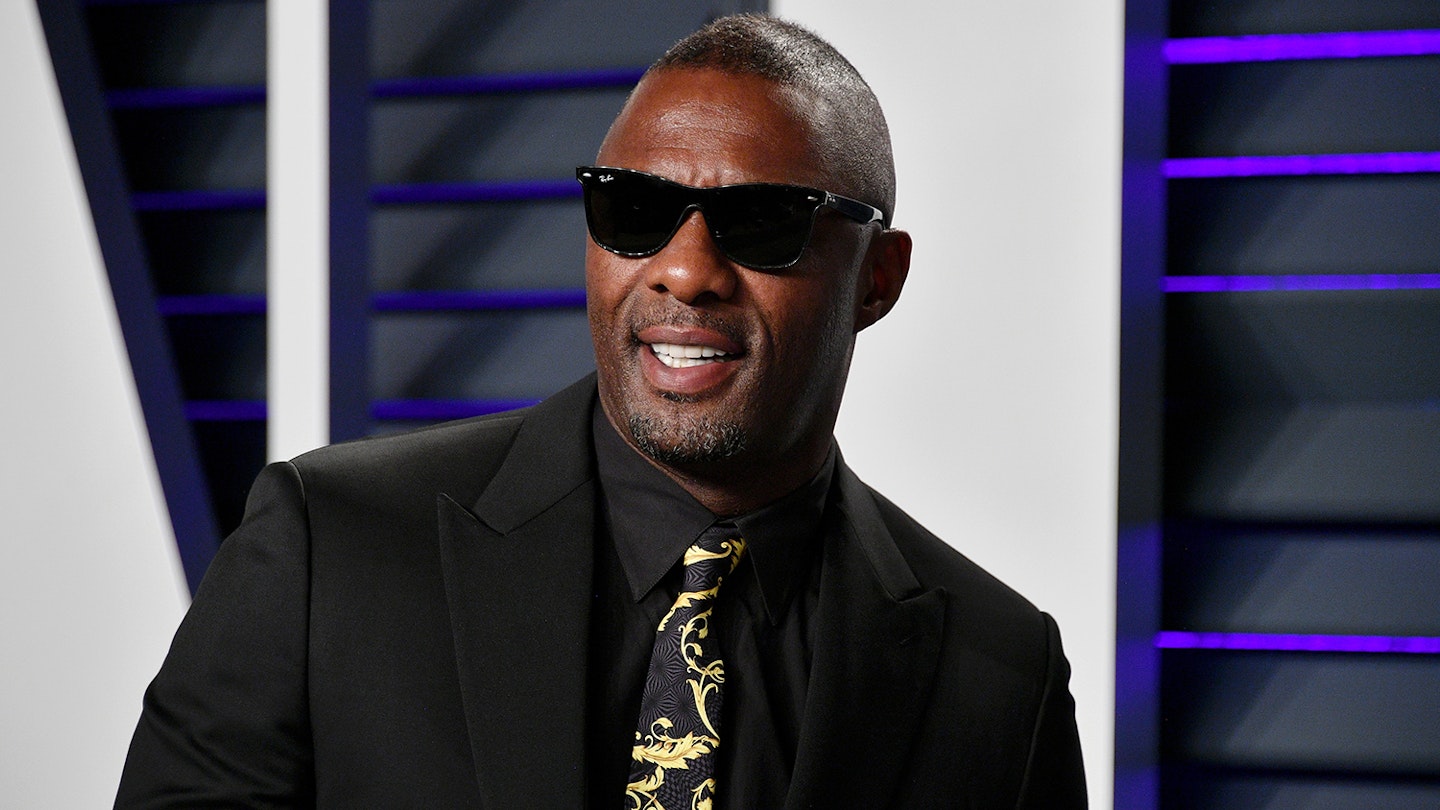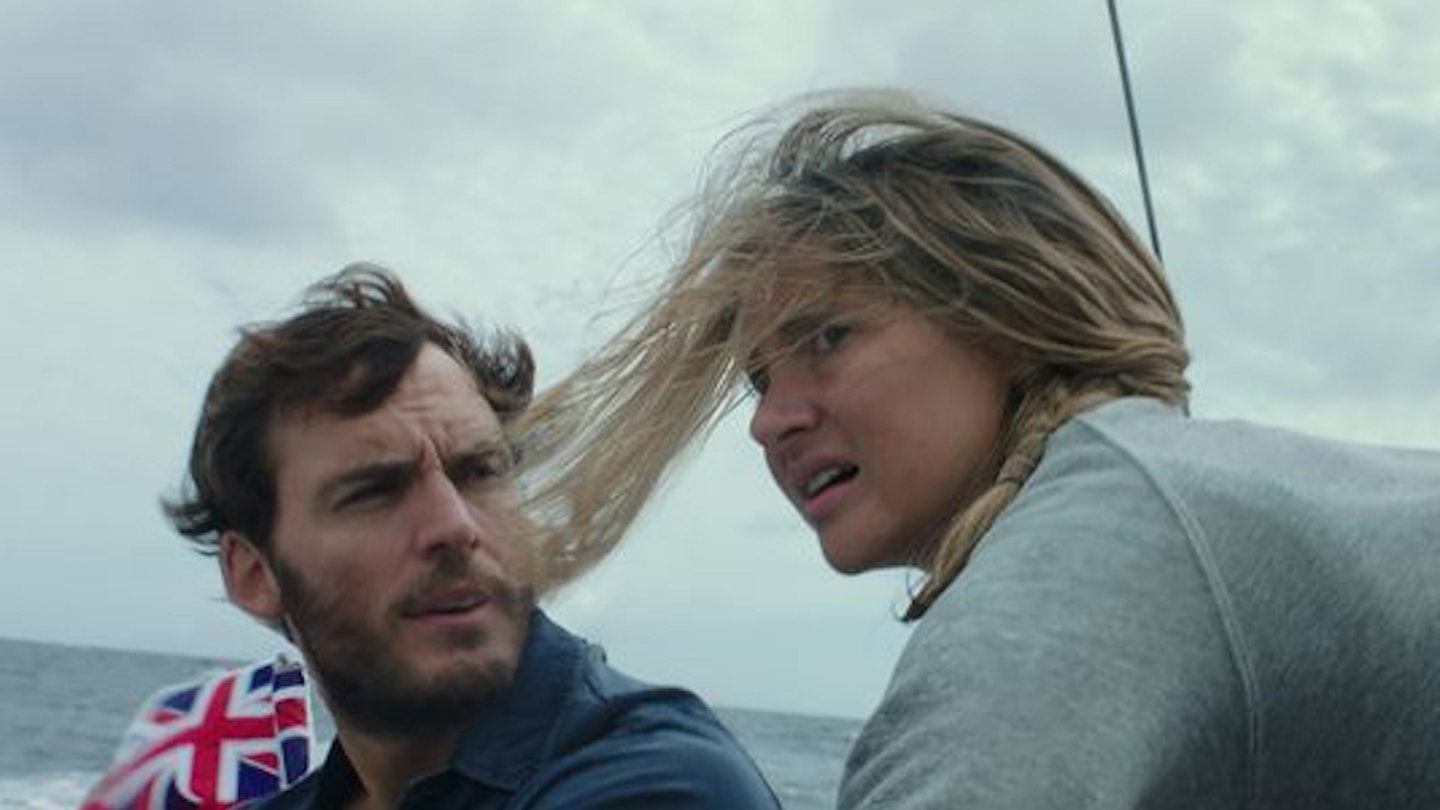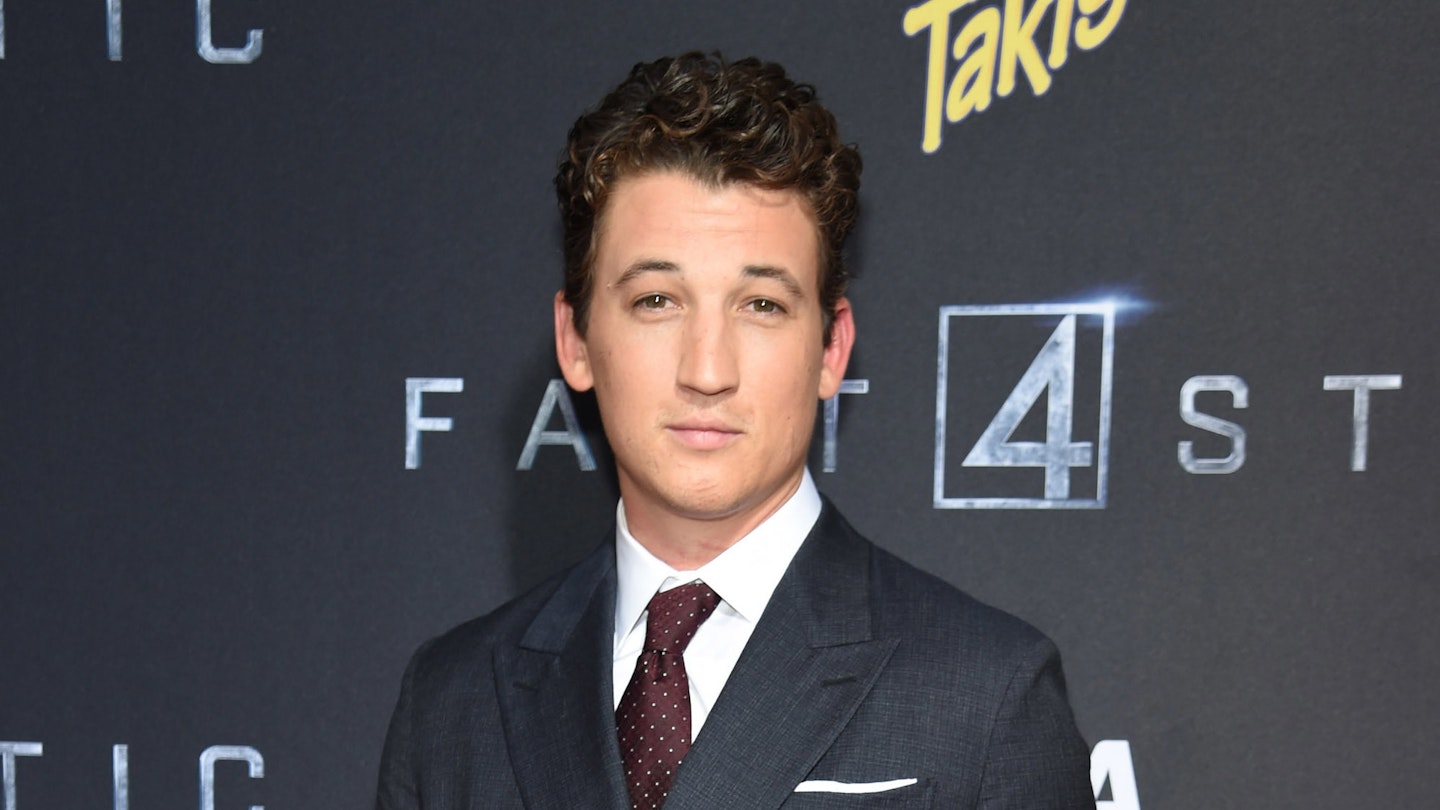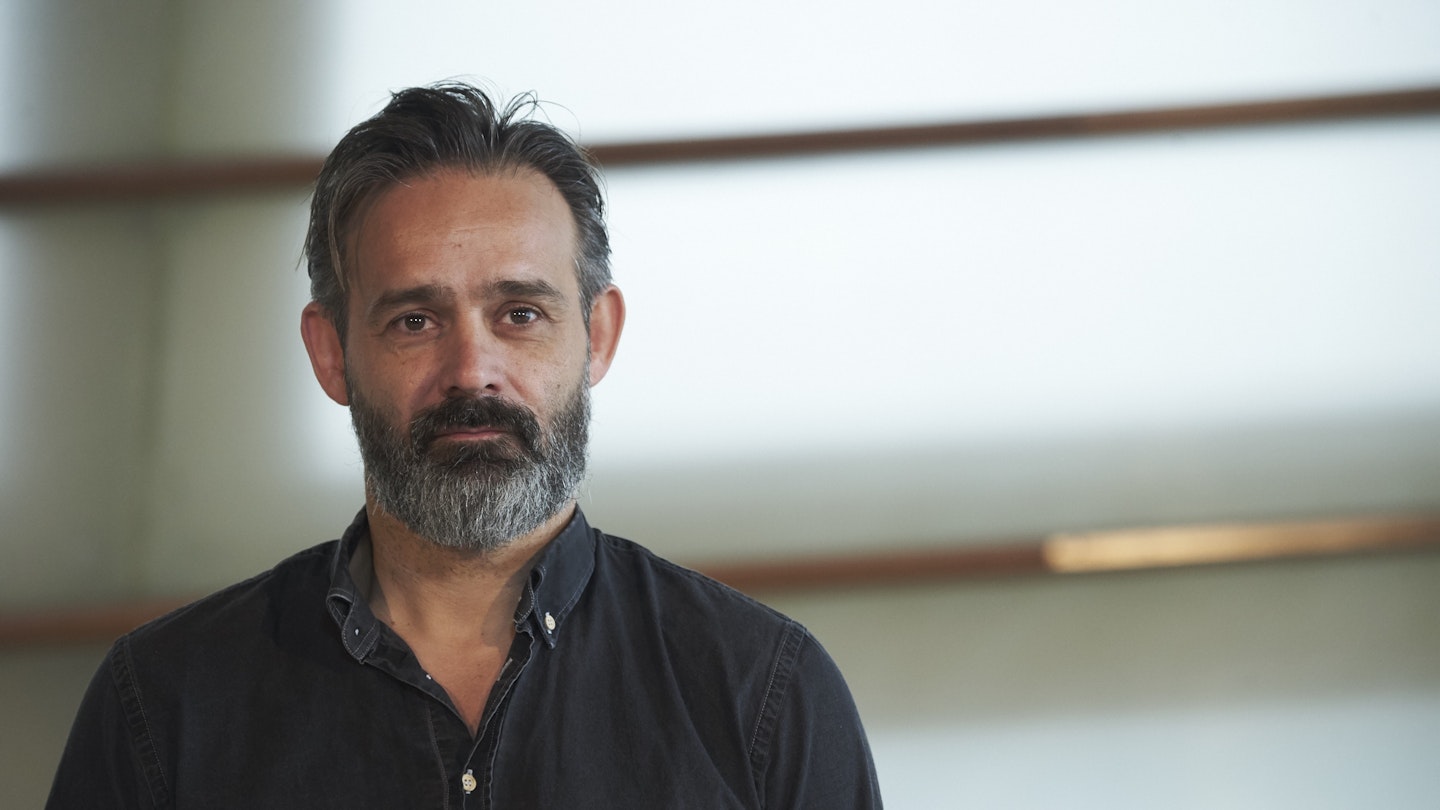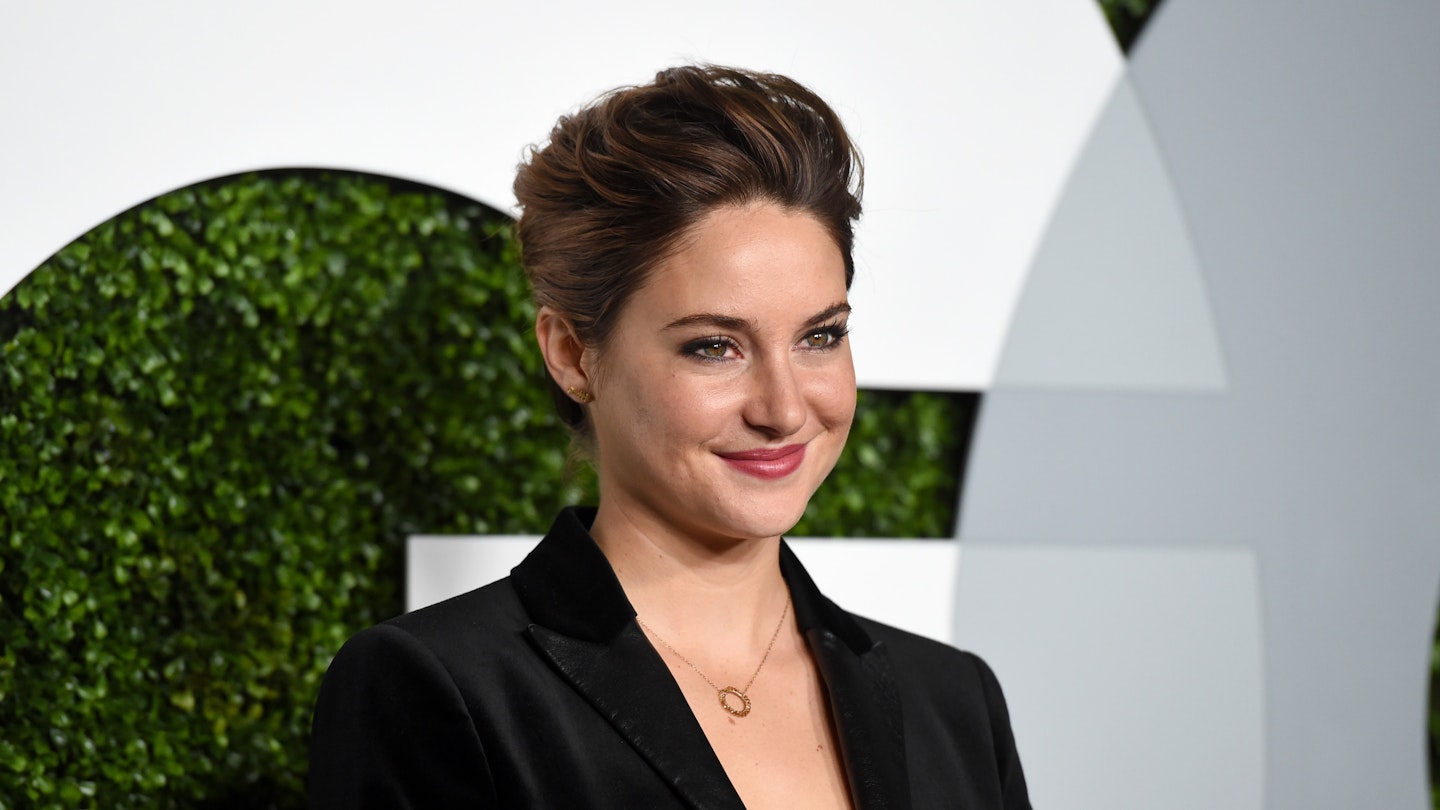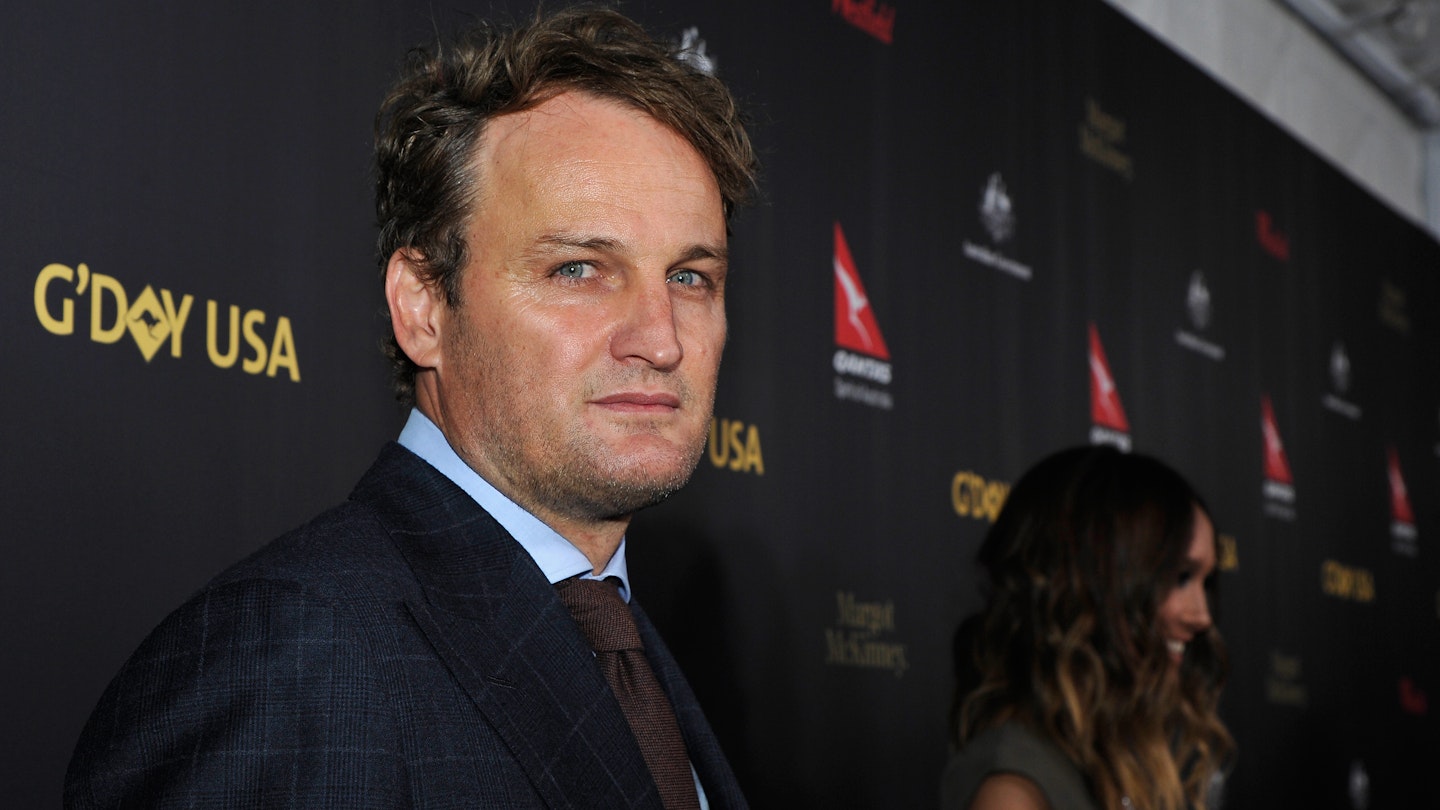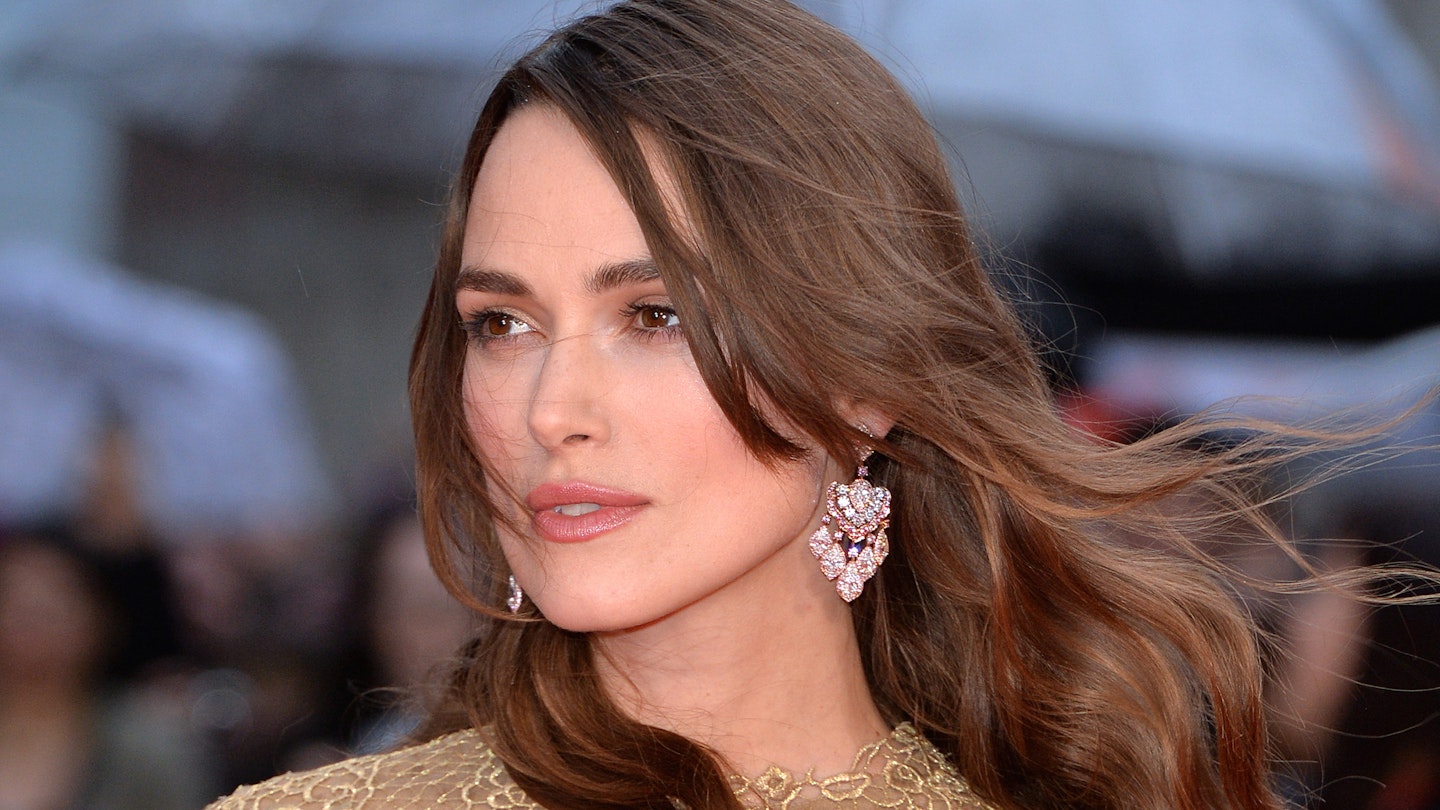Last year, drama-documentary Beyond The Edge recreated Edmund Hillary’s 1953 ascent of Mount Everest in spectacular 3D. This true-life disaster movie plays like a downbeat sequel to that heroic effort, and one-ups it with even more vertiginous, stereoscopic imagery of the highest place on Earth, using footage shot on the mountain along with cleverly selected lookalike locales.
It’s almost an illustrated version of a lecture delivered early on by a guide to the perhaps-foolhardy tourist climbers: the lower slopes of Everest, marked by deep, shifting ice crevasses, are technically more dangerous to cross than the higher stretches, but the thin air and extreme cold at the top are inimical to human life. Nevertheless, byte-sized character infodumps explain why the likes of alpha dog Beck Weathers (Josh Brolin), jolly mailman Doug Hansen (John Hawkes) and peak-collector Yasuko Namba (Naoko Mori) are so keen to ‘summit’ Everest.
The story of the 1996 cluster-mess on the slopes is fascinating, but this telling spreads the focus too widely and crams in too many star names (though it’s lesser-known performers like Jason Clarke and Hawkes who carry the weight). The film finds room for contrasting guides in laidback Scott Fischer (Jake Gyllenhaal) and professional Rob Hall (Clarke), waiting wives Jan Hall (Keira Knightley, pregnant and Kiwi-accented) and Peach Weathers (Robin Wright, nervous in kitchen cutaways), and mumsy base camp organiser Helen Wilton (Emily Watson) and low-temperature doctor Caroline Mackenzie (Elizabeth Devicki). All have dramatic tales, but too many end up standing around until the snow obscures them.
Icelandic director Baltasar Kormákur (Jar City) handles the crisis well and the Nepalese mountains are endlessly impressive, but the drama falls between soap and saga, while having some odd priorities about the real-life characters. By contrast, 127 Hours, with its single sufferer, had much more dramatic force, though objectively the stakes were lower in Danny Boyle’s film.
